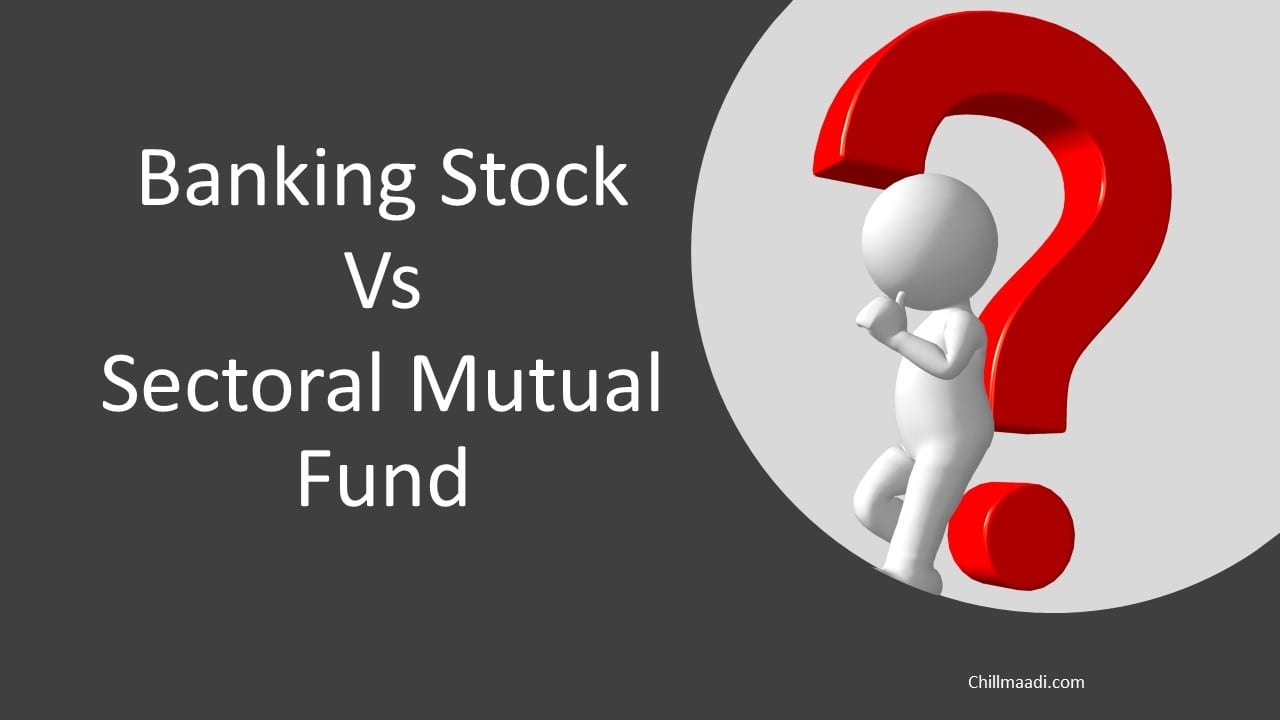Gold investing is growing in popularity every day. Why is gold such a hot investment? Why has the price of gold risen so drastically in the last few years? And what is the real reason that so many investors are buying gold in various forms right now? This article attempts to answer those questions and provide a starting point for further research on the topic of gold investing in general.
First, you should understand that many investors do not purchase gold to earn a profit. The traditional buy low and sell high concept holds for many short term gold investors, but this is not the real reason for gold’s popularity today as an investment. This may surprise you and may fly in the face of your understanding of gold investment.
The truth is that gold investing is an excellent hedge against other investments. Gold is heavily connected to currency, particularly the dollar, and provides a hedge against other investments. Traditionally, when the dollar goes down the price of gold increases. When the dollar goes down, it simply takes more of them to buy an ounce of gold, the value of gold hasn’t increased, the dollar has lost value.
The rise and fall in gold prices have less to do with supply and demand than it does with its value in comparison to other assets and currency.
Gold serves as viable protection against the collapse of financial markets and the stability of the paper currency. This collapse can be caused by economic problems like recessions and depression or due to government instability as well as many other factors occurring in various markets. Gold investments also protect against inflation. Just as outlined above, it takes more paper currency to buy products and goods during times of inflation; gold offers a buffer against that.
Possession of physical gold is the best investment in terms of providing a hedge against falling currency values, recession, inflation, and economic turmoil. While a variety of other methods of gold investment exist today including futures contracts, electronic funds, investment in gold mining stocks and others, these are all essentially paper contracts that do not hold the same security and value as a hedge as physical gold possession, and in fact may be as volatile and unpredictable as currency trading is today.







